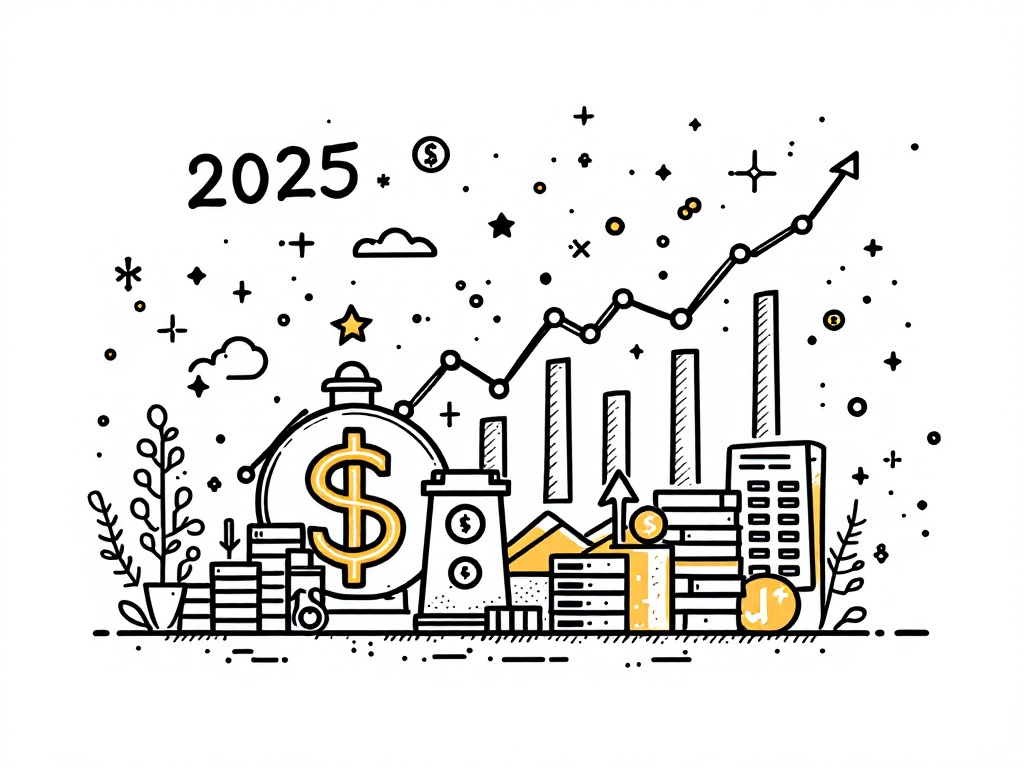CBO Forecasts Economic Downturn for 2025

Washington, Friday, 12 September 2025.
The CBO predicts worsening unemployment, inflation, and GDP growth in 2025, urging strategic planning to mitigate potential impacts on consumer spending and investment.
Economic Projections for 2025
The Congressional Budget Office (CBO) has released new projections revealing that the U.S. economy is expected to experience elevated unemployment rates, inflation, and a slowdown in GDP growth throughout 2025. Specifically, the CBO forecasts that GDP growth will decline to 1.4% in 2025, a reduction from the earlier forecast of 1.9%[1]. This downturn is anticipated to stabilize in 2026 with a projected GDP growth of 2.2%, surpassing January’s forecast of 1.8%[1][2].
Rising Inflation and Unemployment
Inflation is projected to climb to 3.1% for the remainder of 2025, a significant increase from the earlier prediction of 2.2%[1]. Unemployment is also expected to rise to 4.5% in 2025, higher than the initial 4.3% forecast[1]. These economic indicators suggest potential challenges ahead for the U.S. economy, with implications for both consumers and businesses. The CBO emphasizes that strategic policy measures will be essential to navigate these conditions effectively[2].
Impact of Fiscal Policies
The economic challenges are compounded by fiscal policies, including tariffs and tax cuts, which are predicted to have mixed effects on economic growth. The CBO report indicates that the negative impact of new tariffs and reduced net immigration will outweigh the benefits of the reconciliation act’s provisions, resulting in a stagflationary environment for the remainder of 2025[2]. This scenario underscores the complexity of balancing economic growth with fiscal discipline.
Long-term Economic Implications
Looking beyond 2025, the CBO projects that interest costs on national debt will become a significant burden, with net interest payments expected to reach $952 billion in 2025 and continue rising in subsequent years[3]. This increase in debt servicing costs highlights the importance of a sustainable fiscal strategy to manage future economic challenges. As policymakers deliberate on potential solutions, the CBO warns that decisive actions are crucial to prevent further economic deterioration[4].